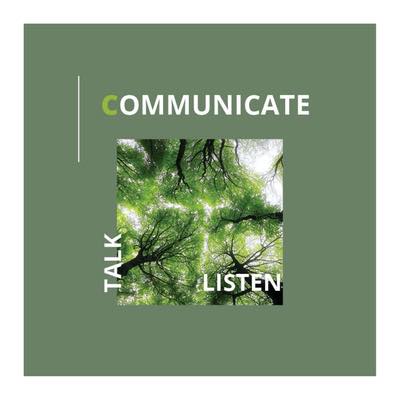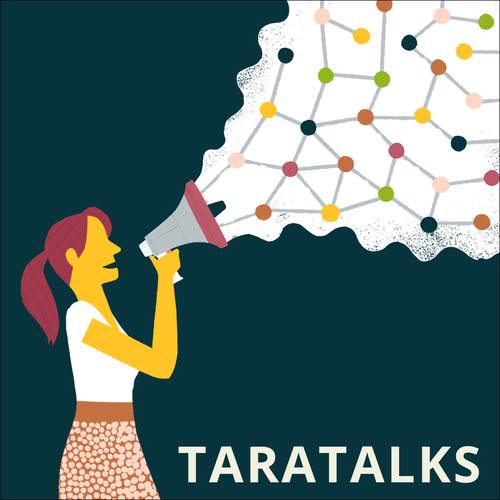McKinsey & Company’s “Women in the Workplace 2020” study revealed that one in five employees felt consistently uninformed or in the dark during the pandemic. Their study also revealed that: “Open and frequent communication with employees is critical, especially in a crisis; when employees are surprised by decisions that have an impact on their work, they are three times more likely to be unhappy in their job.” We asked four senior STEM women to share their advice when it comes to communication at the workplace.
Yumiko Damashek, former vice president of CMC Materials.
Yumiko emphazies the importance of using communication and networking skills to create new opportunities for yourself.
“Don’t box yourself in,” she says. “I’ve seen many talented women who settle and are comfortable protecting their turf; they don’t think of exploring other opportunities. To break out of your box, you have to communicate well and network with people. Then, use those connections to get out of the box, whether you’ve been confined there unfairly or it’s your own choice. If you’re silent and stay on an island, nobody will set you free. You have to be assertive, and you have to show the world what you’re made of.”
Lorraine Bolsinger, former president and CEO of GE Distributed Power and GE Aviation Systems.
Lorraine shares her experience and advice with those who have a managing role when it comes to honestly communicating with the team:
“When I got my first managing role, I had a mixed bag of people, and I had to learn early on how to manage non-performance,” she explains. “It’s hard because you want to be nice. You want everybody to like you, and you want to like everybody. And then you realize that the team is not going to make its goals if you look the other way. When you communicate honest feedback, it does one of two things: It either crushes them and they go into a hole and do nothing about it or they grab it and improve themselves. It’s hard to watch the former, but it’s not something you can shirk because the team as a whole will suffer.”
Susan Whiting, former vice-chairperson and CEO at Nielsen Corporation.
Susan, who advanced from chairperson to CEO, talks about being your own advocate when people are not noticing your achievements.
“The larger the organization you’re in, the more important it is that people know what you’re accomplishing beyond what is mentioned during formal reviews,” she says. “You have to become comfortable highlighting the things you’re doing that you think are essential for people to understand. It might be that you took a course, or there might have been a time when you went above and beyond and it wasn’t evident to anyone. You have to be your own advocate and communicate it in a way that’s authentic to you.”
Sangeeta, founder and CEO of Gotara.
Sangeeta shares her three fundamental rules when it comes to communication, inspired by the book, “Made to Stick: Why Some Ideas Survive and Others Die” by Chip Heath and Dan Heath.
1. Know your audience.
2. Tell an engaging story with anecdotes rather than just data.
3. Ensure that your ideas are crisp, concise and unique.
At Gotara, we help STEM+ women build their communication skills to successfully share their ideas and accomplishments at the workplace. Join today (it’s FREE!) and access our advice and nano-learning services with top STEM+ leaders.










